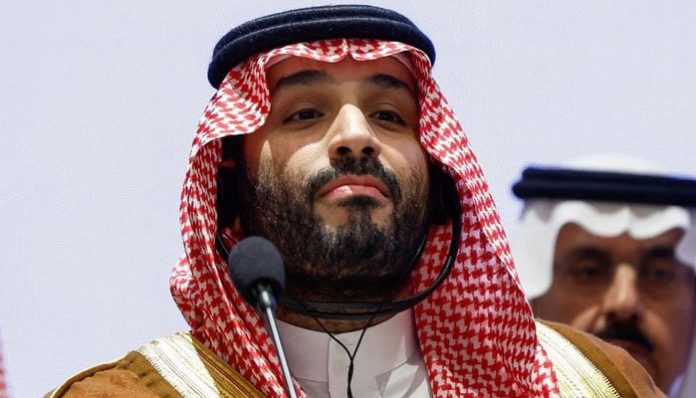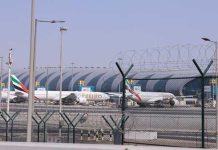dna
WASHINGTON: In a major development, Saudi Arabia’s Crown Prince Mohammed bin Salman said the kingdom was moving closer to normalising ties with Israel at a steady pace and warned of getting a nuclear weapon if Iran gets one.
In an interview with Fox News, the Saudi crown prince also rejected the reports that Saudi Arabia had paused negotiations for ties normalisation.
“Every day we get closer, it seems it’s for the first time real one serious. We get to see how it goes,” he said, stressing the need to solve the “very important” Palestinian issue.
The interview comes as US President Joe Biden-led administration puts efforts into broker historic ties between the two regional powerhouses — Saudi Arabia and Israel — Washington’s top Middle East allies.
The normalisation talks are the centrepiece of complex negotiations that also include discussions of US security guarantees and civilian nuclear help that Riyadh has sought, as well as possible Israeli concessions to the Palestinians.
“For us, the Palestinian issue is very important. We need to solve that part,” MBS, Saudi Arabia’s de facto ruler, said when asked what it would take to get a normalisation agreement. “And we have a good negotiation strategy til now.”
“We got to see where we go. We hope that will reach a place that will ease the life of the Palestinians and get Israel as a player in the Middle East,” he said, speaking in English.
The crown prince, also known as MBS, voiced concern about the possibility that Iran, a mutual adversary of Saudi Arabia and Israel that the US wants to contain, could obtain a nuclear weapon. Tehran has denied seeking a nuclear bomb.
“That’s a bad move,” he said. “If you use it, you got to have a big fight with the rest of the world.”
Asked what would happen if Iran did get a nuclear bomb, MBS said: “If they get one, we have to get one, for security reasons and the balance of power in the Middle East. But we don’t want to see that.”
Potential benefits of mega-deal
While US officials insist any breakthrough is far away and steep obstacles remain, they privately tout the potential benefits of a regional mega-deal, according to Reuters.
These include removing a possible flashpoint in the Arab-Israeli conflict, strengthening the bulwark against Iran and countering China’s inroads in the Gulf. Biden would also score a foreign policy win as he seeks re-election in November 2024.
The broadcast of the crown prince’s pre-taped comments came on the same day as a long-waited meeting between Biden and Israeli Prime Minister Benjamin Netanyahu in which they pledged to work together toward Israeli-Saudi normalisation, which could reshape the geopolitics of the Middle East.
Both leaders also said Iran could not be allowed to acquire a nuclear weapon.
MBS issued the stark warning to Tehran despite the two countries having agreed in Chinese-brokered talks in March to restore relations after years of hostility.
But he offered an olive branch to Iran, saying the two countries had made a “good start” and he hoped it would continue.
Facing criticism from the US, MBS, whose country is the world’s top oil exporter, also defended OPEC+’s decision to cut oil output, saying it was based on market stability and not intended to help energy-dependent Russia in its war in Ukraine.
MBS, asked about Russia’s military campaign, said the invasion of another country was “really bad” but he appeared to stick to his position of not taking sides in the war.
Among the challenges the US faces in brokering a wide-ranging deal would be satisfying MBS’ demands. He is reported to be seeking a treaty committing the US to defend the kingdom if attacked and also wants advanced weapons and assistance for a civilian nuclear programme.
From the Israelis, MBS is pushing for significant concessions to the Palestinians to keep alive prospects for statehood in the occupied territories, something Biden is also pushing for but which Netanyahu’s far-right government has shown little willingness to grant.

















